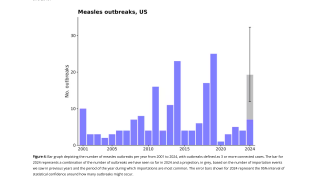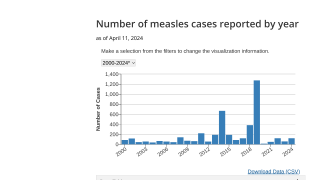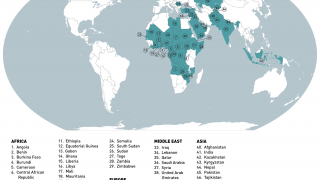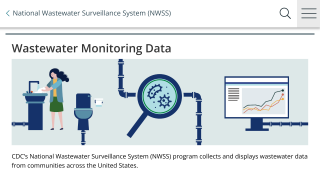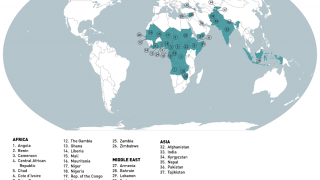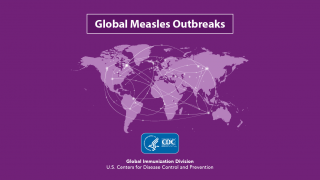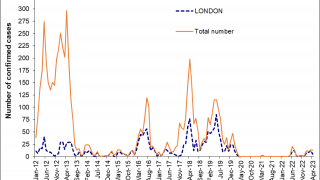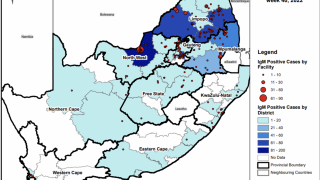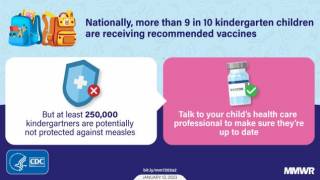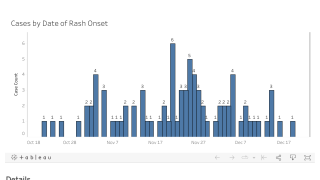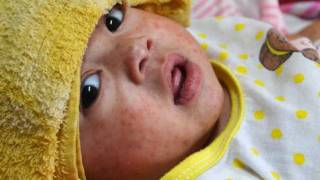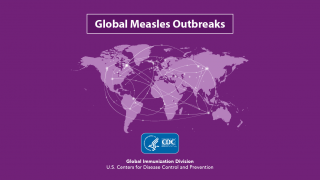Why Bring Home an Infectious Disease?
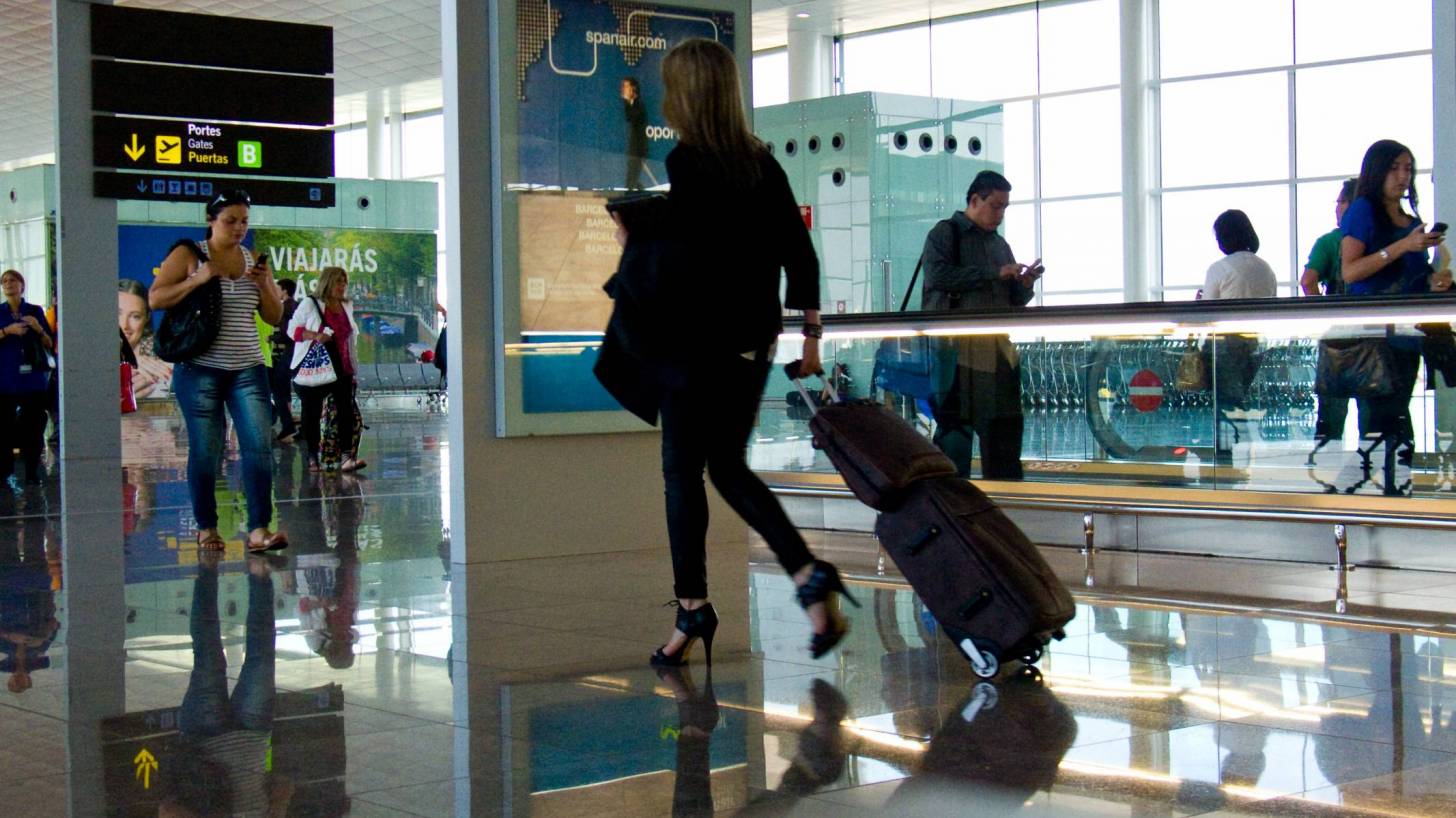
International air travel poses various risks when it comes to containing the spread of infectious disease, says the Centers for Disease Control and Prevention (CDC).
In order to get from one place to another by an airplane, travelers expose themselves to some people who could be sick.
Moreover, if a traveler is under-vaccinated, they may bring an infections disease home with them.
To better understand the current situation, 3 recent studies reviewed why adult international travelers who sought pre-travel counseling refused the recommended preventive vaccines.
- A study of 40,810 adult travelers found (16%) were eligible for MMR vaccine at the time of pretravel consultation. Of the MMR-eligible, (53%) were not vaccinated at the visit; of these, (48%) were not vaccinated because of traveler refusal, and (28%) because of provider decision, and (24%) because of health systems barriers.
- A second study of 24,478 international travelers, found (97%) were eligible for at least one vaccine prior to departure, but (25%) refused one or more recommended vaccine(s). These travelers were most frequently eligible for typhoid (20,092), hepatitis A (12,990) and influenza vaccines (10,539). The most common reason for declining vaccination was that the traveler was not concerned about the illness.
- A 3rd study from 2001 to 2016, reported 553 imported measles cases. The median age of imported case-patients was 18 years, (87%) were unvaccinated or had an unknown vaccination status, and U.S. residents accounted for (62%) of imported measles cases. Overall, 62 percent of all imported measles case-patients reported travel to countries in the Western Pacific and European Regions of the World Health Organization. In summary, these studies indicate that approximately 20 percent of international travelers met criteria for a measles vaccination, but fewer than 50 percent of these travelers were vaccinated.
The CDC says that an increase in measles immunization prior to travel could reduce the likelihood of importation and transmission of measles virus in the USA.
And, recent research says the best way to increase vaccinations is when a trusted healthcare provider speaks with a listening patient.
As 2018 comes to an end, unfortunately, a majority of states have reported measles cases.
As of November 3, 2018, 220 individual cases of measles have been confirmed in 26 states and the District of Columbia reports the CDC.
With a large percent of these 2018 cases related to international travel.
As an example, the cities of New York, London, and Jerusalem have been connected in an ongoing measles outbreak.
And, the majority of these people who got measles were unvaccinated, says the CDC.
In the USA, two approved measles vaccines are available, MMR-II and ProQuad.
International travelers can easily request a vaccine appointment with a pharmacy at Vax-Before-Travel.
The CDC Vaccine Price List provides the private sector vaccine prices for general information.
MMR vaccine discounts can be found here.
Vaccines, like any medicine, can have side effects. You are encouraged to report negative side effects of vaccines to the FDA or CDC.
Our Trust Standards: Medical Advisory Committee
- Measles (Rubeola)
- Measles Cases and Outbreaks
- Missed Opportunities for Measles, Mumps, Rubella Vaccination Among Departing U.S. Adult Travelers Receiving Pretravel Health
- Refusal of recommended travel-related vaccines among U.S. international travellers in Global TravEpiNet
- Israel Launches Measles Vaccination Program
- International Importations of Measles Virus into the United States during the Post-Elimination Era, 2001‒2016




